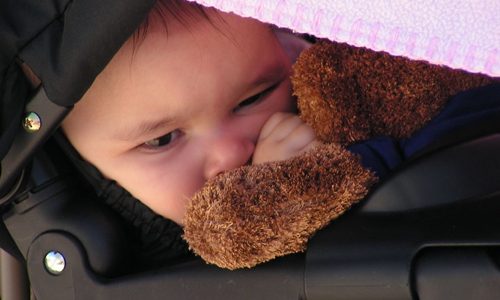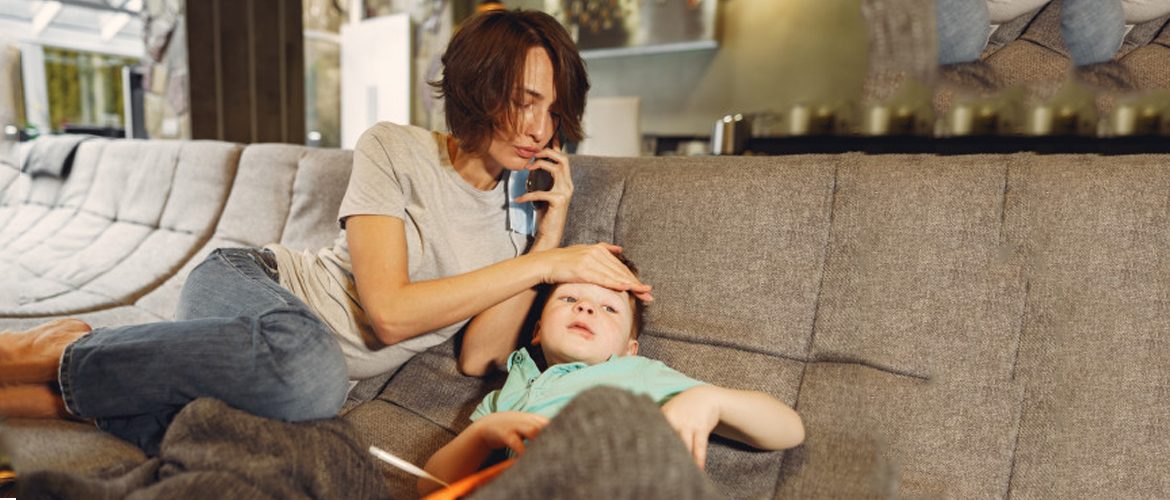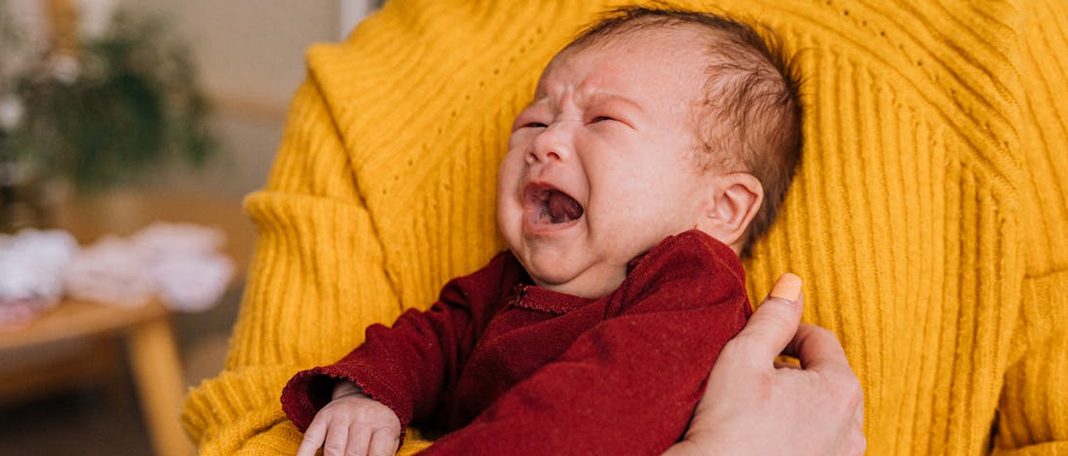Most babies get afraid around strangers or family members who live far apart. They are happy to be in the arms of familiar people. The fear of strangers starts around 5 to 6 months and lasts longer. Most babies react to strangers by looking fearful, crying, hiding, fussing, or being silent. How can you help your baby with the fear of strangers? From holding hands to making them more comfortable, there are several things you can do for your babies. Read on to learn more about how to soothe your baby’s stranger anxiety.
What Is Stranger Anxiety?

Stranger anxiety is the fear experienced by babies when they meet new or unfamiliar people. This is connected to an infant’s growth stage of adapting to familiar and unfamiliar things. Stranger anxiety often begins around 6 to 8 months and gradually decreases when your baby grows well. Most babies express distress around strangers during this period.
Signs of Stranger Anxiety in Babies

Every baby reacts differently to strangers. Here are some signs of stranger anxiety in your baby:
- Staying silent
- Crying
- Looking concerned
- Avoiding eye contact
- Hiding
- Refusal to go
How Do You Help Your Baby With Stranger Anxiety?

Babies express fear of strangers when they grow up. There are various methods to help your child overcome the challenges when they see unfamiliar faces. Let’s have a look at it.
1. Initiate Practical Steps
You can introduce new faces to the baby slowly instead of suddenly. For example, if you have a new babysitter, make sure your baby spends more time with that person. Your baby can invite a new one with friendly interactions.
2. Maintain a Positive Space
You can create a comfortable and positive environment for your baby. If they are more afraid, you can sing their favourite song and give them a lot of kisses and hugs. Also, look at these stages to teach your baby to fall asleep.
3. Support Your Baby
Never ignore your baby’s emotions, and don’t depress them. Forcing a baby to play with a stranger can increase their anxiety and fear. It will also create more stress in their minds.
4. Offer Advice to Others
You can advise your friends or strangers to speak in a soft tone. This makes your baby feel more relaxed, comfortable, and manageable in all situations. You can ask your friends to spend some time cuddling or holding them.
Tips for Dealing with Stranger Anxiety

You can follow these tips to minimise the fear in your baby:
- Explain to the stranger that your baby needs some time to warm up.
- Use polite body language and a calming voice to help your baby get to know the unfamiliar person.
- Let the other person speak to the baby when you hold them on your lap or arms.
- Respond with simple techniques to soothe your baby when they cry a lot.
- Try to introduce one stranger at a time instead of a group.
- Take your child’s comfortable items, especially toys, when they spend time with strangers.
- Greet the baby with positive body language, including a happy voice, smile, eye contact, and good posture.
- Try to introduce your child to new people for more interaction.
Stranger anxiety can be a challenging period for your child and you. Following effective measures helps avoid extreme fear of strangers in your baby. If the fear becomes intense, you can consult your baby with a healthcare professional for better relief.















